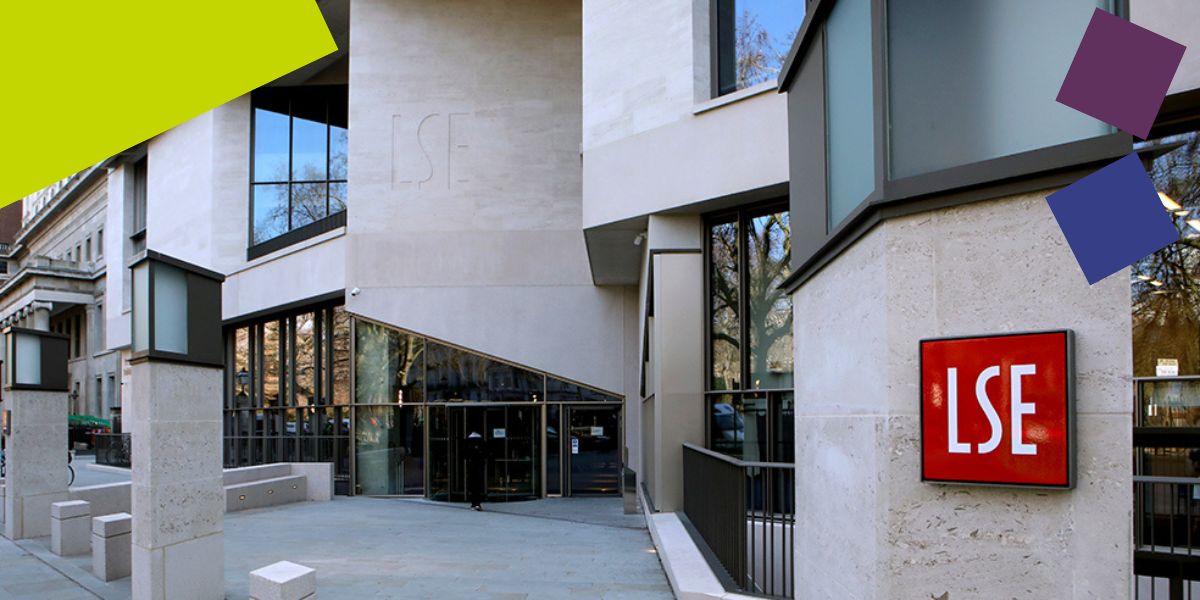One of the most important aspects of your application to LSE is choosing the two people who will write your academic reference letters. In my experience, though, the process of choosing and approaching your academic references can feel a little intimidating. Here are some of my top tips for simplifying the process.
Make a list of potential referees
Consider this like a brainstorming stage – jot down anyone you can think of who might be able to provide a good academic reference for you. When you are creating your list, you might want to have some questions in mind: how familiar is this person with me and my work? Is this person likely to be able to provide a strong reference letter about my academic capabilities and research skills?
If you have completed a major research project, your supervisor will likely be your first referee choice. They should ideally be able to speak to your research skills and help make a case as to why and how you are prepared for your proposed programme.
Another good way to choose an academic referee is to consider which professors you have had the most contact with over your university course. If you have taken a smaller seminar, the professor for that course is likely to be more familiar with you and your work than the professor of a large, lecture-based course. If you have primarily taken large classes, though, that is okay! Consider which classes you performed the best in or if there are any professors you met with regularly in office hours.
Approaching your referees
The most important tip for approaching your potential referees is to do so early! I would recommend reaching out well ahead of your application deadline and asking if the professor in question would feel comfortable providing a reference for your proposed programme. There may be situations where a professor is not able to write you a letter, and asking early helps to prevent panic because you can go back to your list and ask someone else. Professors are used to students asking for these types of references, so try not to feel too nervous about asking! You will not be the first or last student to ever approach them for an academic reference.
Make it easy for your referees
Most professors have very full email inboxes and you don’t want your request to get lost in the shuffle. Make your request simple and straightforward: explain what you need, why, and the deadline. If you are nervous about your referee not submitting the letter on time, you can always consider giving them a deadline a couple of days before the true deadline to build in some leeway if they are late. I have found that my referees appreciated my attaching copies of my CV and my research proposal (even if it’s just an early draft). This information helps them to write the best and most thorough letter of support. If there is something you would specifically like them to include in the letter, it would be a good idea to ask about this early on in the process.
If you feel it might be helpful, a reminder of who you are can also be helpful, especially if this is not someone you regularly speak with. I find it is typically enough to include your name and remind the person of how you know them (for example: I took your seminar in autumn 2021).
Once it’s done
Remember to thank your referees for their time and effort in supplying you with your reference letter. Many professors also really appreciate hearing back about the results, so don’t feel shy about letting them know the results of your application.
Visit the LSE website for more information about the supporting documents for your application, including the academic references.





